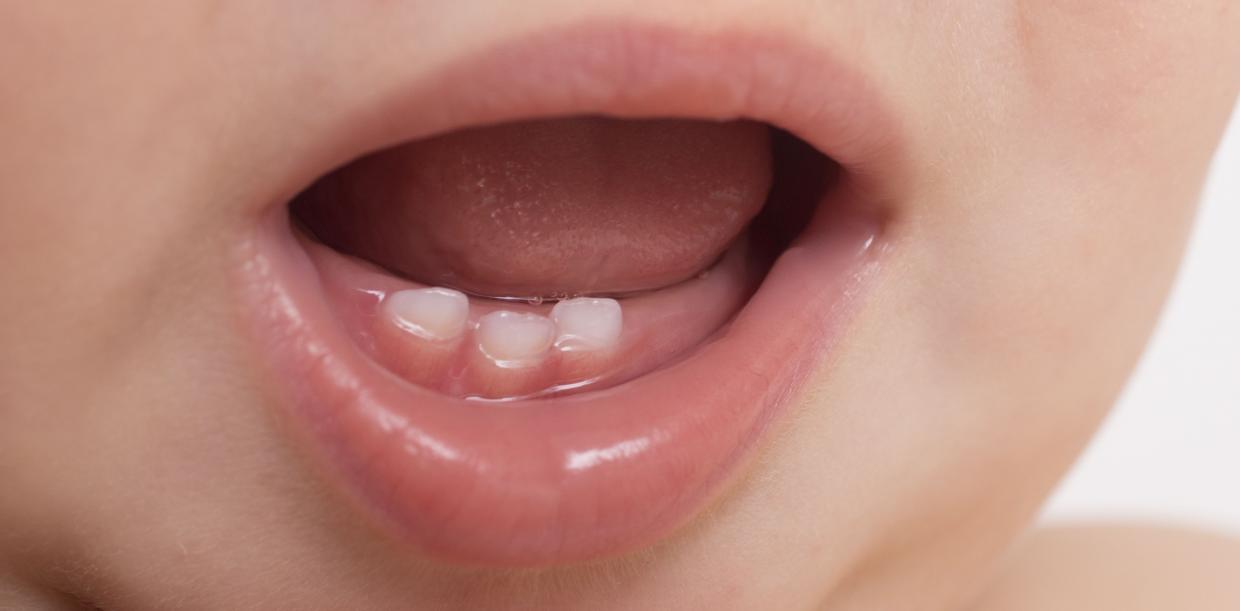In the case of chalk teeth, the mineralization of the tooth enamel is disturbed. The teeth are discolored and stained, they are often tender and so soft that they eventually crumble. Most of the time, the permanent molars and incisors are affected.
In Baden-Württemberg, around 7.7 percent of 6- to 9-year-olds are affected by circular teeth. In Freiburg, the rate of those affected is significantly lower at five percent.
“In fact, more children are likely to have chalk teeth. Because this dental disease is irreversible. So it also occurs in older people “,
says Jonas Zinser, regional manager of BARMER in Freiburg.
The neighboring district of Breisgau-Hochschwarzwald shows a higher value of 6.8 percent. Molar incisor hypomineralization, the technical term for chalk teeth, was found most frequently in children in Ulm (12.2 percent). In Heilbronn, the rate of those affected is the lowest nationwide. According to the BARMER dental report, 3.9 percent of children there have chalk teeth.
“We cannot explain these regional differences. From the point of view of science, however, they must not be overinterpreted “,
so Zinser.
What causes chalk teeth?
There is a lot of discussion about the causes. According to the results of the BARMER dental report, there is a connection between the use of antibiotics and the development of chalk teeth. Children with chalk teeth were prescribed a good ten percent more common antibiotics in the first four years of life than their peers without chalk teeth. How exactly antibiotics promote the formation of chalk teeth is still unclear. But the fact is that the teeth are already damaged before they erupt. That makes prevention almost impossible! Diet and oral hygiene are unlikely to have any influence on the development of chalk teeth. The parents of the affected children did not do anything wrong with the dental care of the little ones!
–


